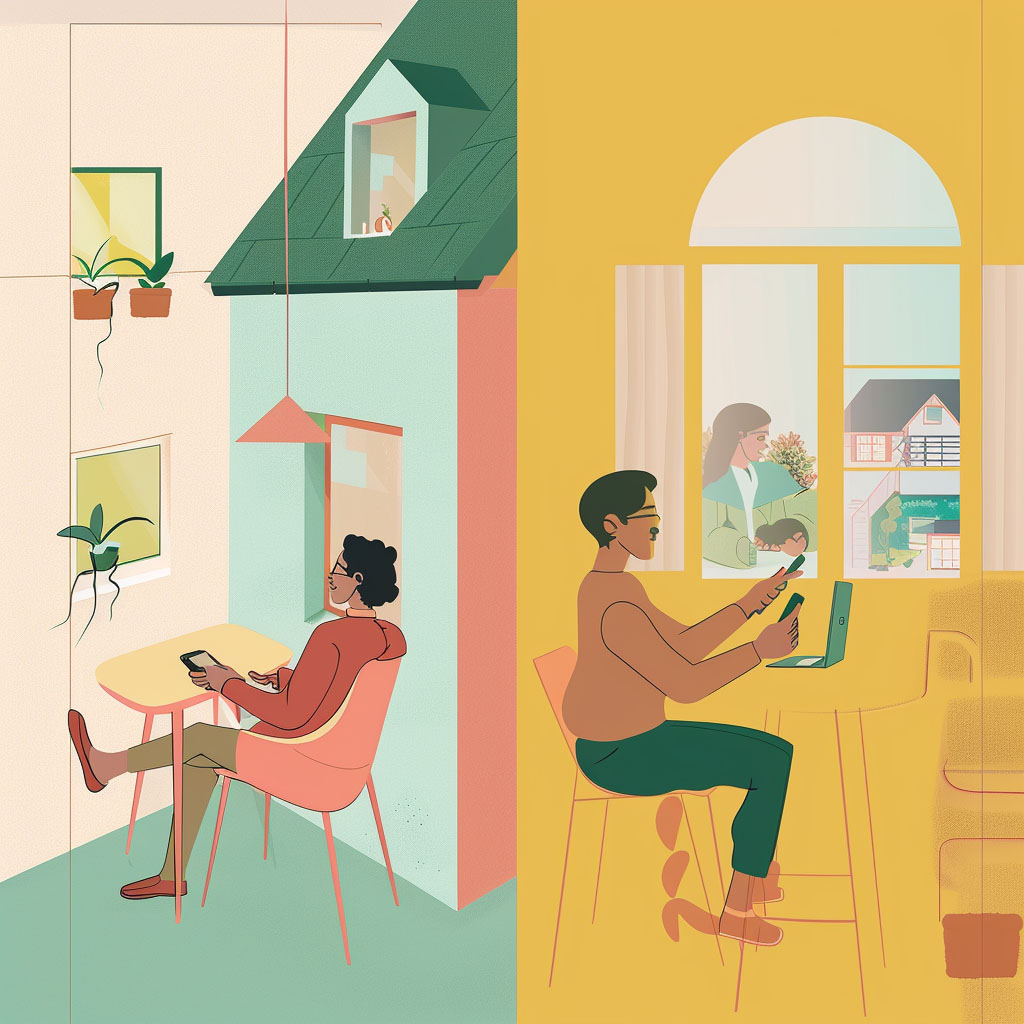Understanding Therapy Dynamics
In therapy, the connection between us and our therapist is key. We can build that relationship by focusing on specific areas that impact our journey. These include how we connect with our therapist, what goals we want to achieve, our past experiences, and our mental health history.
Establishing a Therapeutic Relationship
Building a good relationship with our therapist helps us feel safe and open. Here are some important points to consider:
- Trust: We should feel we can share our thoughts without judgment.
- Communication: Open discussions about feelings and expectations are essential.
- Fit: Finding a therapist who understands our needs leads to better progress.
This relationship can help us express our emotions, making it easier to work on our challenges.
Setting and Sharing Therapy Goals
Establishing clear goals can guide our therapy sessions. We should think about:
- What we want to achieve: Specific goals help us stay focused.
- Short-term vs. long-term goals: Both types can give us direction.
- Regular check-ins: Discussing progress keeps us on track.
By sharing our goals, we work with our therapist to create a personalized plan that fits our unique situations.
Discussing Past Traumas and Experiences
Addressing past traumas is vital for healing. We may want to consider:
- What happened: Sharing details can help us process our feelings.
- How it affects us now: Identifying connections can clarify our current struggles.
- Finding coping strategies: Our therapist can suggest ways to handle triggers.
This conversation can be challenging, but it is an important step in understanding ourselves better.
Exploring Mental Health History
Our mental health history provides insight into patterns and behaviors. We can focus on:
- Previous diagnoses: Understanding past issues helps us see our progress.
- Past treatments: Knowing what worked or didn’t can inform our current plan.
- Family history: Talking about mental health in our families can reveal underlying factors.
By discussing this history, we can gain awareness, making it easier to tackle our current challenges.
Deepening Self-Understanding and Coping Strategies
In therapy, we can explore our feelings and behaviors to understand ourselves better. We can also learn coping skills to manage stress and emotions effectively. This journey can help us improve our daily lives and relationships.
Communicating Emotions and Symptoms
In our therapy sessions, we should talk openly about our emotions and any symptoms we face. Sharing specifics helps our clinician understand our experiences.
Key points to discuss include:
- Identifying Emotions: What do we feel? Is it anxiety, sadness, or frustration?
- Recognizing Symptoms: What symptoms do we notice? These could range from headaches to mood changes.
- Talking About Triggers: What situations make our symptoms worse? Knowing these can help us manage our reactions.
This open conversation can reduce feelings of shame and guilt, allowing us to feel supported.
Improving Coping Skills and Mechanisms
We can work together to find effective coping strategies. These skills help us face daily stressors and emotional challenges.
Some coping skills to explore are:
- Breathing Exercises: Simple techniques that can help reduce anxiety.
- Mindfulness Practices: Staying present in the moment to lower stress.
- Journaling: Writing down our thoughts and feelings can clarify our emotions.
By learning these skills, we can navigate our challenges more effectively and feel empowered.
Strengthening Relationships and Social Skills
Building strong relationships is key to our well-being. We can discuss our interactions with friends and family during our sessions.
Important topics to cover include:
- Effective Communication: How can we express our thoughts and feelings clearly?
- Setting Boundaries: When should we say no to avoid feeling overwhelmed?
- Managing Conflicts: How can we resolve disagreements without escalating tension?
Improving these skills can enhance our self-esteem and help us feel more connected.
Enhancing Self-Reflection and Personal Growth
Self-reflection is vital in understanding our values and long-term goals. In therapy, we can explore our upbringing and how it shapes our beliefs.
Key areas to reflect on are:
- Personal Strengths: What are we good at? Recognizing our strengths boosts confidence.
- Insecurities: What worries us? Identifying these can lead to solutions.
- Personal Goals: What do we want to achieve in our lives? Setting clear goals guides our progress.
This process fosters personal growth and promotes positive changes in our daily routine.
I’m Cartez Augustus, a content creator based in Houston, Texas. Recently, I’ve been delving into different content marketing niches to achieve significant website growth. I enjoy experimenting with AI, SEO, and PPC. Creating content has been an exciting journey, enabling me to connect with individuals who possess a wealth of knowledge in these fields.

